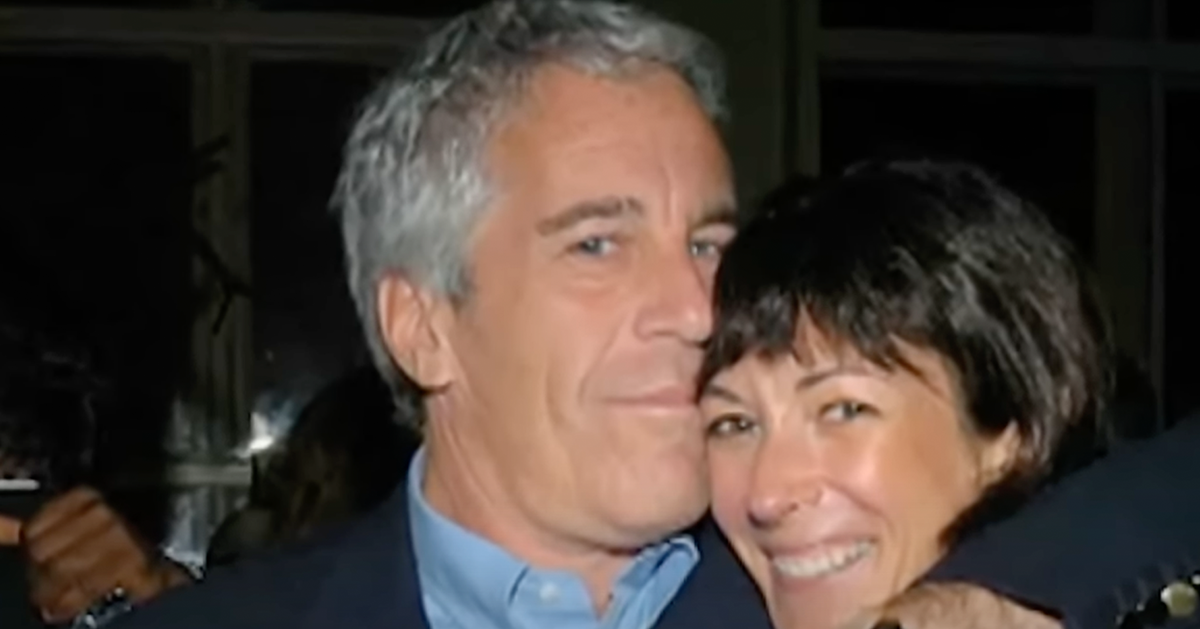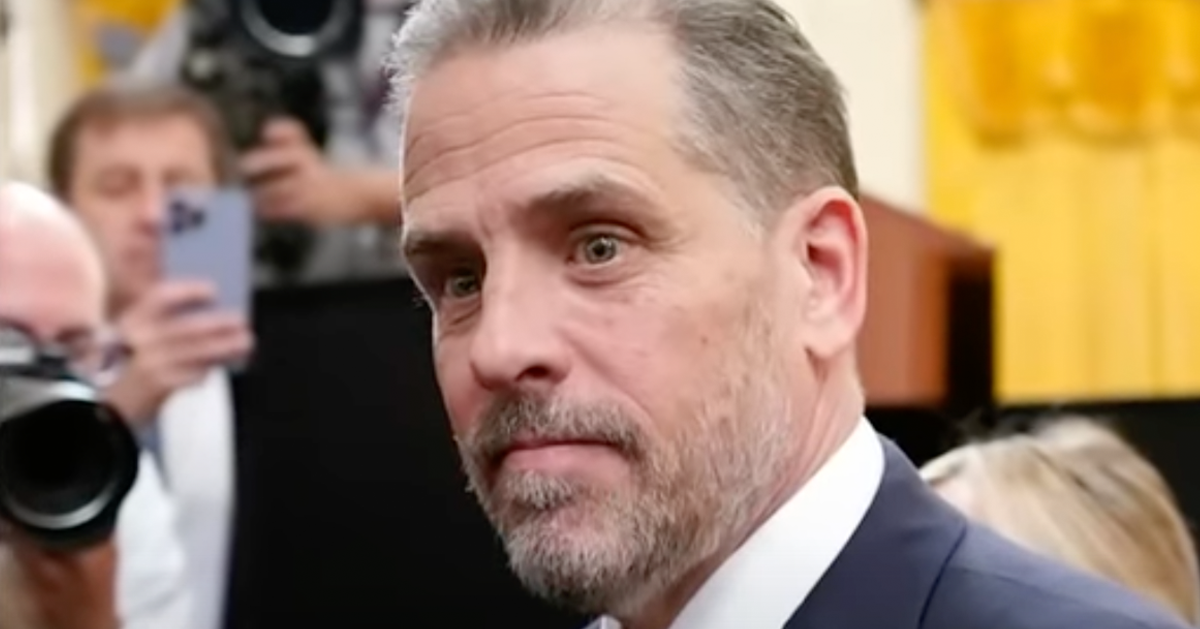F-16s respond to airspace breach near Trump’s Mar-a-Lago
Multiple airspace violations over Palm Beach, Florida, where President Donald Trump resides during visits to his Mar-a-Lago estate, prompted a swift response from military forces.
NORAD scrambled F-16 fighter jets in response to airspace violations when three civilian aircraft entered restricted zones near Trump's Florida estate, as the Daily Mail reports.
The incidents occurred within a span of two hours at 11:05 a.m., 12:10 p.m., and 12:50 p.m., leading to a military intervention to ensure the security of the area.
Whenever the former president visits Mar-a-Lago, Temporary Flight Restrictions (TFRs) are imposed to secure the airspace around the estate. These restrictions prohibit unauthorized air traffic within a 10-mile inner core and an extended 30-mile outer ring.
Despite these measures, the aircraft breached the no-fly zone, leading to the deployment of F-16 jets by the North American Aerospace Defense Command (NORAD).
Flares Used to Communicate with Pilots
In response to these airspace breaches, NORAD employed F-16 fighter jets to intercept the civilian aircraft and escort them out of the restricted zone. As part of standard procedures, the military jets deployed flares in two instances to communicate with civilian pilots who were in breach of the restrictions.
NORAD clarified that flares are an important safety measure. Though visually striking, they assure that the civilian aircraft pilots are aware of the need to depart the restricted area. "They burn out quickly and completely, posing no threat to those on the ground," NORAD explained.
In recent weeks, reports of airspace violations have increased, especially during Trump's stays at Mar-a-Lago. On multiple occasions, including on February 15, 17, and 18, jets were deployed in response to incidents around Palm Beach, as well as in areas like Wellington and Boynton Beach.
Public Reactions and Media Coverage Ensue
The incidents on this particular day were initially reported by local media and have since attracted attention from national and international news outlets. Todd Starnes, a host on Newsmax, noted that the civilian planes were "nudged out of Palm Beach airspace" safely.
However, when approached for comment, neither NORAD nor the Federal Aviation Administration provided additional details to DailyMail.com, leaving some questions unanswered regarding the frequency and nature of these violations.
A video taken by a witness on February 18 showcased an F-16 jet responding to a similar breach. These occurrences have become a focal point for both public safety discussions and debates about TFR enforcement during high-profile visits.
Importance of Temporary Flight Restrictions Highlighted
The implementation of TFRs is a routine yet vital process designed to protect both the residents and visitors of areas where significant figures reside or gather. Especially during Trump's visits, the imposition of such restrictions aims to mitigate security risks.
These disruptions, while contained, highlight the ongoing challenge of monitoring and enforcing airspace regulations in areas prone to high-profile visits. The necessity of TFRs becomes evident through these frequent airspace violations.
The role of NORAD remains critical in enforcing these airspace regulations. Their prompt response ensures that any breach is swiftly addressed to maintain the safety and security of the designated zones.
Continuing Air Security Measures Deemed Necessary
Despite the heightened attention to airspace security, challenges persist. The repeated breaches indicate an ongoing need for vigilance and timely responses from military and regulatory bodies.
The dynamic and often challenging airspace management around Mar-a-Lago during Trump's visits reflects a broader scope of strategic military and regulatory practices. These measures are necessary to adapt to unexpected incidents that may arise in high-traffic or high-risk areas.
In sum, the swift interception of civilian aircraft by NORAD's F-16 fighters underscores the importance of maintaining robust air defenses and adapting to breaches.
As these incidents highlight, enforcing TFRs is critical in ensuring the safety and security of the airspace around significant locations.






